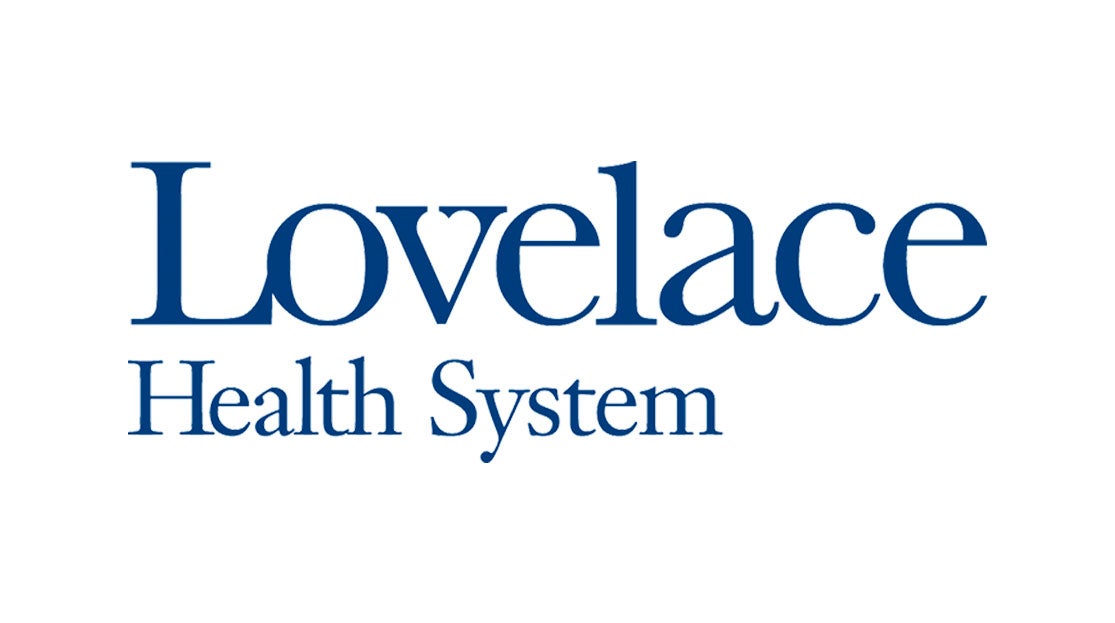
New campaign, Don’t Die of Doubt™, emphasizes symptoms of heart attack and stroke, need to access care by calling 9-1-1 even during pandemic
American Heart Association COVID-19 newsroom
Albuquerque, September 1, 2020 — As COVID-19 cases continue to increase and strain emergency departments nationwide, a recent Centers for Disease Control and Prevention (CDC) Morbidity and Mortality Weekly Report (MMWR) suggests ER visits in April were down 42 percent compared to the same period last year. Yet, heart attacks and strokes haven’t stopped for COVID-19. To combat this alarming trend, the American Heart Association, the world’s leading nonprofit organization focused on heart and brain health for all, and Lovelace Health System took action and created a new public awareness campaign called, “Don’t Die of Doubt,” that urges people to call 9-1-1 and seek emergency medical care at the hospital if experiencing symptoms of a heart attack or a stroke.
The campaign emphasizes that the best chance to survive an acute event, like a heart attack or stroke, is to call 9-1-1 and get an ambulance to the hospital where they’re fully prepared to treat you safely. Hospitals are still the safest place to be during a medical emergency.
With news coverage of coronavirus cases still fueling fear of using emergency medical services, there is a critical need to reach everyone across the country with reassurance. People can receive safe care for heart attack or stroke symptoms, and other urgent medical needs, in hospitals.
When it comes to surviving a heart attack or a stroke, seconds count, and so doubting symptoms, and thereby delaying care, may prove deadly.
“Heart attack and stroke symptoms are always urgent. This campaign is geared toward minimizing hesitation to call 9-1-1 in an emergency,“ said Dr. Drew Harrell, American Heart Association of New Mexico Board President. “Emergency responders, as well as doctors and nurses at the hospital, know what to do even when things seem chaotic and emergency departments have made plans behind the scenes including screening for COVID-19 symptoms, treating coronavirus patients in separate areas and increased cleaning protocols to keep patients and workers safe.”
“We are thrilled to collaborate with the American Heart Association on the Don’t Die of Doubt campaign” said Mark Bieniarz, M.D. FACC, FSCAI, Interventional Cardiologist, New Mexico Heart Institute/Lovelace Medical Group. “We encourage everyone with warning signs of a heart attack or stroke to seek help quickly by calling 911. Initiating quick contact with EMS by calling 911 is a life-saving decision in these medical emergencies. All the local hospitals are taking great precautions to ensure that they are safe places to come for medical care during this difficult time.”
For more about this campaign and community resources, visit www.heart.org/dontdieofdoubt.
Additional Resources:
• Don’t Die of Doubt website
• American Heart Association COVID-19 resources
• Heart attack symptoms
• Stroke symptoms
• Visit the Support Network for peer to peer support for patients
• Follow American Heart Association/American Stroke Association news on Twitter @HeartNews
The Association receives funding primarily from individuals. Foundations and corporations (including pharmaceutical, device manufacturers and other companies) also make donations and fund specific association programs and events. The Association has strict policies to prevent these relationships from influencing the science content. Revenues from pharmaceutical and device corporations and health insurance providers are available at https://www.heart.org/en/about-us/aha-financial-information.
About the American Heart Association
The American Heart Association is a relentless force for a world of longer, healthier lives. We are dedicated to ensuring equitable health in all communities. Through collaboration with numerous organizations, and powered by millions of volunteers, we fund innovative research, advocate for the public’s health and share lifesaving resources. The Dallas-based organization has been a leading source of health information for nearly a century. Connect with us on heart.org, Facebook, Twitter or by calling 1-800-AHA-USA1.
Lovelace Health System
As a trusted health care provider for New Mexicans for nearly 100 years, Lovelace Health System (LHS) is comprised of Lovelace Medical Group, New Mexico Heart Institute, Lovelace Women’s Hospital, Lovelace Medical Center, Heart Hospital of New Mexico at Lovelace Medical Center, Lovelace Westside Hospital, Lovelace Regional Hospital and Lovelace UNM Rehabilitation Hospital. Across its six hospitals, 24 health care clinics and seven outpatient therapy clinics, LHS offers 606 beds and employs a team of more than 4,200 employees, including nearly 250 health care providers. Lovelace continues to invest in our community, providing more than $41 million in unfunded care and supporting local nonprofit and community organizations with more than $400,000 in contributions in 2019. From our first and only hospital in New Mexico dedicated to women’s health to the state’s only hospital devoted exclusively to cardiovascular care, Lovelace is a leader in meeting the healthcare needs of this region. To learn more about our state-of-the-art treatment options, innovative health care providers and award-winning quality initiatives, visit lovelace.com.
###
For Media Inquiries:
Davida Hollis Gallegos
American Heart Association
505.670.2661
Davida.Hollis@heart.org
For Public Inquiries: 1-800-AHA-USA1 (242-8721)
heart.org and strokeassociation.org




